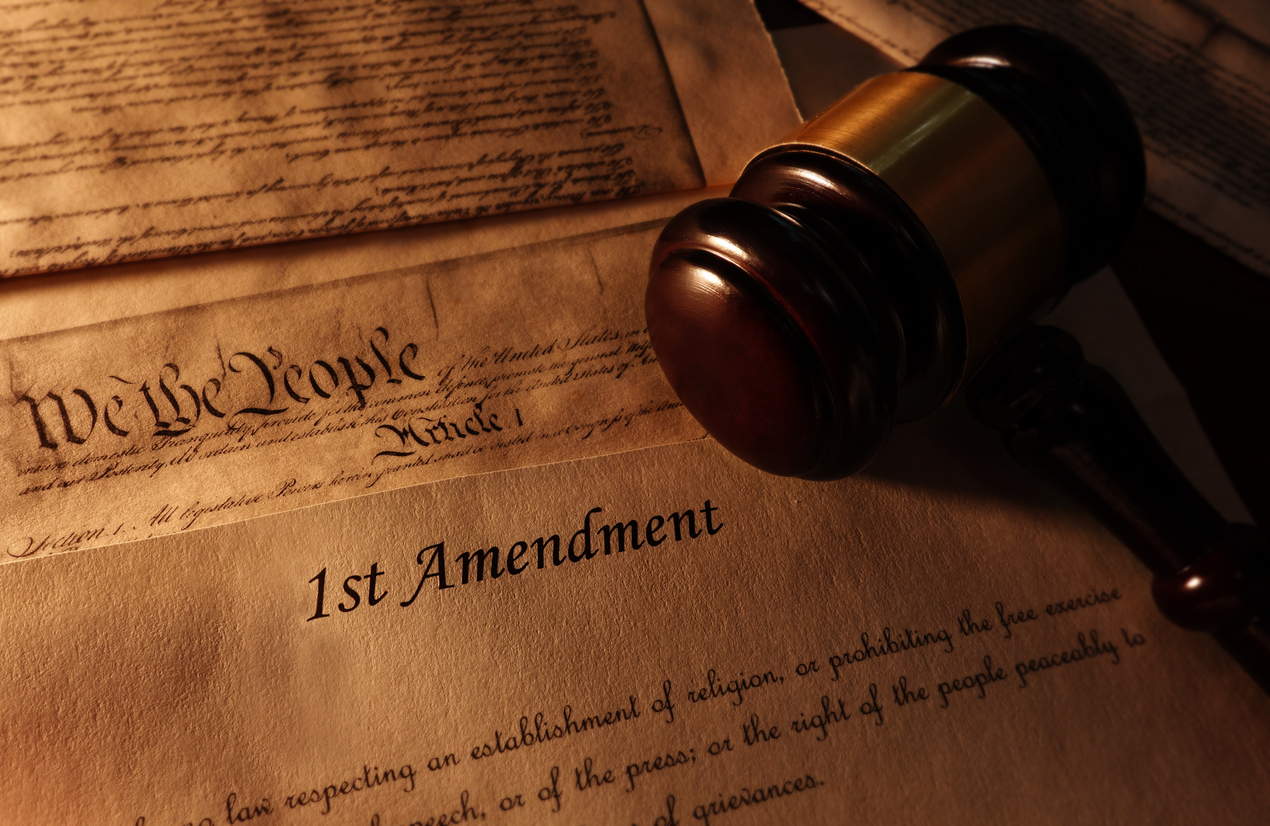Returning to the Purpose of the Legal Profession
By John C. Peiffer II and Mary Margaret Beecher
“The first thing we do, let’s kill all the lawyers.” In ten short words, this quote from Shakespeare’s Henry VI captures society’s disenchantment with the legal profession. Though written centuries ago, the line draws laughter even today.
Underneath the humor, however, is a serious problem. Society is disillusioned with lawyers, and we lawyers are disillusioned with ourselves. Attorney mental and physical health, relationships and family life, and career satisfaction are disturbingly low. Somewhere between the LSAT and the billable hour, we lose sight of why we practice law.
The Model Rules of Professional Conduct answer this question by describing lawyers as “public citizen(s)” responsible for the “quality of justice” in society. We are called to exercise “moral judgment guided by the basic principles underlying the Rules.”
But the Rules stop without defining these “basic principles” or exploring their origins.
The truth is that the “basics principles” integral to the legal vocation are ideals such as justice, fortitude, and mercy—ideals with roots in the Western liberal arts tradition.
Until only a few decades ago, lawyers were educated in these ideals. To prepare to practice law, a student not only developed technical skills but also explored virtue through studies of literature, philosophy, ethics, and even theology.
For example, Abraham Lincoln was devoted to Shakespeare, as well as works such as Aesop’s fables and “Pilgrim’s Progress,” which focused on the application of virtue to everyday problems. Lincoln’s technical understanding of law allowed him to zealously work to defend civil rights and national unity. His understanding of virtue gave him the prudence and fortitude to fulfill his purpose to lead and unite the nation in the face of an existential danger.
John Adams was an avid student of Cicero, Homer, and Demosthenes. In fact, it is believed that John Adams’s courageous representation of British soldiers after the Boston Massacre was inspired by an anecdote from Cicero’s De Officiis. Adams’s technical understanding of the law enabled him to skillfully advocate for his clients. His understanding of virtue gave him the courage to undertake such an unpopular cause in the first place.
Perhaps the greatest lawyer, St. Thomas More, diligently studied the liberal arts throughout his life. Along with his faith, More’s devotion to Boethius’s work The Consolation of Philosophy and his familiarity with the stories of Cato and Cicero undoubtedly supplied strength and wisdom to More as he stood faithful to justice and truth in the face of Henry VIII’s persecution.
Today, our society urgently needs lawyers in the tradition of John Adams, Abraham Lincoln, and St. Thomas More. We need lawyers of sound moral judgment, who are dedicated to public citizenship and the preservation of justice.
To form such public servants, our legal education must include the studies of the Great Books that enable the knowledge and practice of virtue.
We can start restoring our profession by forming ourselves. Lawyers and law students must complement their studies of the necessary technical aspects of legal education by exploring principles of virtue underlying the law. In today’s world, technology has made such self-education more accessible than ever.
By forming our own understanding of virtue and the moral dimensions of law, we can better serve individual clients and society as a whole. We can develop an understanding of justice that enables us to fulfill our potential as worthy protectors of the innocent and preservers of the rule of law.
The popular “kill all the lawyers” quote from Henry VI was actually spoken by Dick the Butcher, an evildoer, who was preparing to murder to advance his ambitions. He sought to kill the lawyers because he knew it was the lawyers who would defend the innocent and bring him to justice. If lawyers respond to the call to become the courageous and wise leaders that our society today needs us to be, perhaps in the future, once again, only evildoers like Dick the Butcher will seek to “kill all the lawyers,” while citizens of goodwill will value lawyers’ contributions to the preservation of justice as “the king’s good servants, and God’s first.”
.png)




